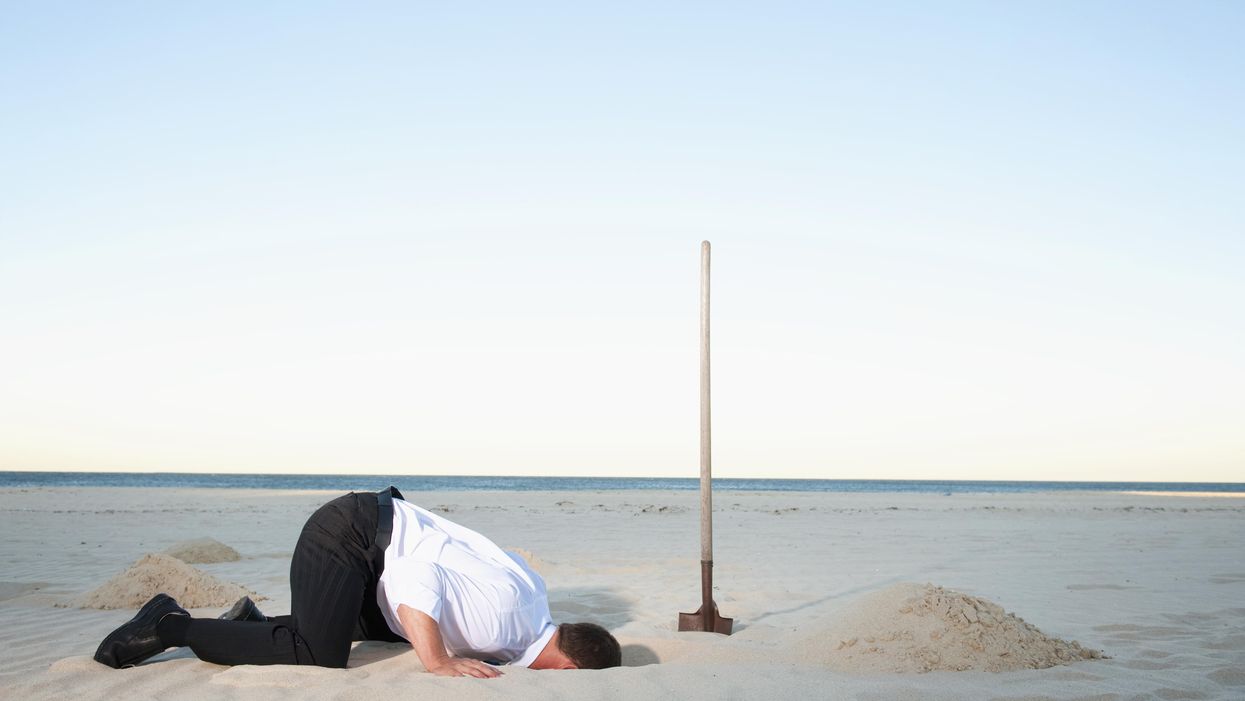Kleinfeld is a senior fellow at the Carnegie Endowment for International Peace and a Freedom House trustee. Slipowitz is the research manager for “Freedom in the World” at Freedom House.
As President Biden said in his State of the Union address, the ongoing crisis in Ukraine has starkly illustrated “the battle between democracy and autocracy,” and new research from Freedom House underscores just how dire this crisis of global democracy has become.
After 16 years of decline, nearly 40 percent of the world’s population now lives in countries that are not free, the greatest proportion since 1997. As Russian war-making has demonstrated, emboldened authoritarians have been instrumental to this erosion. Meanwhile, democratic countries have struggled to hold leaders like Vladimir Putin accountable. This is because democratic institutions are being attacked by a more insidious challenger, diluting their impact on the international stage. Since 2000, the majority of democracies have been dying at the hands of their own elected leaders, with the support of polarized, partisan and indifferent publics.
Some democratic citizens actively support undemocratic systems. In Latin America, about 13 percent of respondents told the Latinobarometer survey that they preferred authoritarianism. In the United States, a 2020 Democracy Fund survey found 13 percent of Americans stating that it would be positive if the military stopped elections, closed Congress and temporarily took charge, while 24 percent supported a “strong leader who doesn’t have to bother with Congress and elections.”
Often, though, the problem is not overt anti-democracy, but indifference. In Latin America, 16 percent of citizens say they just don’t care what form their government takes. The anti-polarization organization More in Common found that between 24 percent and 51 percent of French, German, British and Polish citizens are ambivalent about democracy. Many are not attached to democratic rituals, but are instead transactional, skeptical about what democracy does for them, and suspicious of political elites and the media. Meanwhile, young voters globally have become increasingly disenchanted with each generation.
Political polarization makes this ambivalence particularly dangerous to democracy. Yale professor Milan Svolik’s research reveals that in deeply divided societies such as Hungary, Venezuela and Turkey, voters preferred to tolerate undemocratic behavior by their party rather than back opposition politicians they hate. The result was the loss of democracy in each country. When Svolik and his colleague Matthew Graham looked at the U.S., they found that only 13 percent of voters claimed they would punish undemocratic behavior by voting for an opposing politician — and real-world examples suggest the actual percentages are far less.
Meanwhile, the pandemic has given anti-democratic leaders an excuse to decrease transparency and civil liberties — sometimes with the support of other parts of the political spectrum. In the first few months of the pandemic, 80 countries saw substantial declines in the state of their democracy. While some were temporary, new variants and the continuing pandemic have allowed governments to mount an assault on democracy under the guise of public health policy, deepening long-term democratic decline.
These dynamics are giving elected leaders the chance to destroy their democracies with voter support. In El Salvador, President Nayib Bukele has systematically dismantled democratic safeguards, arbitrarily arrested his critics and packed the courts with his supporters. The supportive Supreme Court overturned the ban on presidential reelection, paving the way for Bukele to run again in 2024. Yet, Bukele’s approval ratings have remained sky-high at 85 percent as of January. Bukele’s case is not exceptional — Hungary, India, and Tunisia have all experienced popular leaders eroding democratic norms. Arguably, similar dynamics are taking place in the United States.
The idea of populists ruling by majoritarian fiat is popular: in countries where elected left- or right-wing populists govern by ignoring rights, laws and institutions that check power, young people express greater support for what they see as democracy. But majoritarian rule is not democracy — it is what Aristotle recognized as the degradation of popular rule. Democracy’s defining characteristic is the capacity to self-correct, which requires elections but also a robust network of independent courts, a free press and civil society organizations. And it requires voters who are willing to hold elected leaders accountable.
Those voters do exist. Where authoritarianism is real, as in Asia, or of recent memory, as in the post-Soviet democracies of Eastern and Central Europe, young people support democracy in greater numbers than their parents and grandparents. In Africa, 70 percent of adults agree that “democracy is preferable to any other form of government,” and even greater percentages reject one-party, one-man and military rule. Democracy continues to be a universal aspiration, a quality which no other form of government can genuinely claim.
Yet if the leaders of the most consolidated democracies cannot mount a stronger defense against anti-democratic sentiment from within, they will struggle to hold a united front against authoritarianism from without. The self-correcting nature of democracy remains strongly correlated with economic growth through improved human capital, life expectancy, and, crucially today, peace. Voters willing to trade these benefits for partisanship and populism are risking more than they know.



















